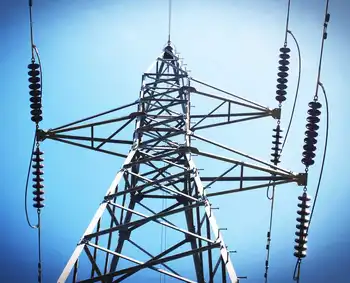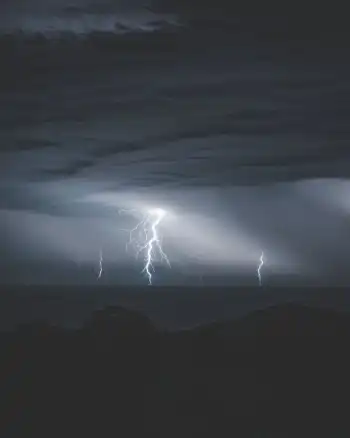BluEarth on prowl for renewable projects
By CTV.ca
NFPA 70b Training - Electrical Maintenance
Our customized live online or in‑person group training can be delivered to your staff at your location.

- Live Online
- 12 hours Instructor-led
- Group Training Available
After Canadian Hydro was bought last year by giant energy conglomerate TransAlta Corp., the companyÂ’s founders John and Ross Keating and their chief executive officer Kent Brown took some time to enjoy their wealth, travel, and spend time with their families. But people kept approaching them to ask for advice and input on renewable projects, Mr. Brown said, and the trio decided there was an opportunity to return to the game.
Now BluEarth Renewables Inc. is up and running in Calgary, with Mr. Brown as CEO and the Keating brothers as “executive advisers” and directors. The new firm is on the prowl for wind, solar or hydro projects it can invest in.
The company, if successful, could become a key financier of renewable ventures, helping struggling projects get on their feet as the industry expands to take a bigger piece of the energy pie in Canada.
With almost $90-million in capital ready to deploy, mostly from Calgary private equity firm ARC Financial Corp., BluEarth is looking for renewable projects that are already generating power, close to completion, or at least have a “clear line of sight” to a power purchase agreement with a provincial utility, Mr. Brown said.
“There are a lot of projects out there that are in some stage of development [but] are stuck in some way, whether through lack of capital or experience,” he said. “Our view is there is an opportunity to go in there and apply our expertise and acquire them or partner on them and move them forward.”
Mr. Brown and the Keatings enjoy a reputation for being entrepreneurial and nimble, and getting projects completed. As a result, Mr. Brown said, they can go to developers and say: “If you want to partner with us or sell your project to us, you’ll actually have a project that gets done at the end of the day.”
BluEarth is in discussions with several possible targets, and by mid-2011 it hopes to have at least one project that is producing power under its wing and at least one other by the end of 2012. Within five to seven years it hopes to have a portfolio of around 350 to 400 megawatts of renewable power.
Canadian Hydro, by contrast, had about 700 MW of hydro, wind and biomass projects up and running when it was sold to TransAlta.
The new company will concentrate on Ontario, Quebec, British Columbia and Saskatchewan initially, and, over the longer term, consider projects in the United States.
Alberta is not on the radar screen, though, because it has Canada’s only deregulated power market and electricity prices are currently depressed, making it unattractive to build new projects. “Power prices are so low that they don’t support any type of build right now, whether it is traditional or renewable,” Mr. Brown said.
Eventually, BluEarth might consider going public, he said, but right now private equity seems to be the best way to raise capital.
John Keating, who ran Canadian Hydro for many years before handing the CEO spot to Mr. Brown in mid-2009, said he and his brother are leaving the key operational decisions at the new company to their colleague. The KeatingsÂ’ role will be to offer advice, guide strategy and help conduct due diligence, he said.
While the renewable energy industry is getting lots of support from several of the provinces, Mr. Keating said, the sector would certainly have more traction if Ottawa took some specific action to support renewables, or even to set out a specific climate change policy. “The federal government is missing the boat by not taking a leadership role,” he said.











